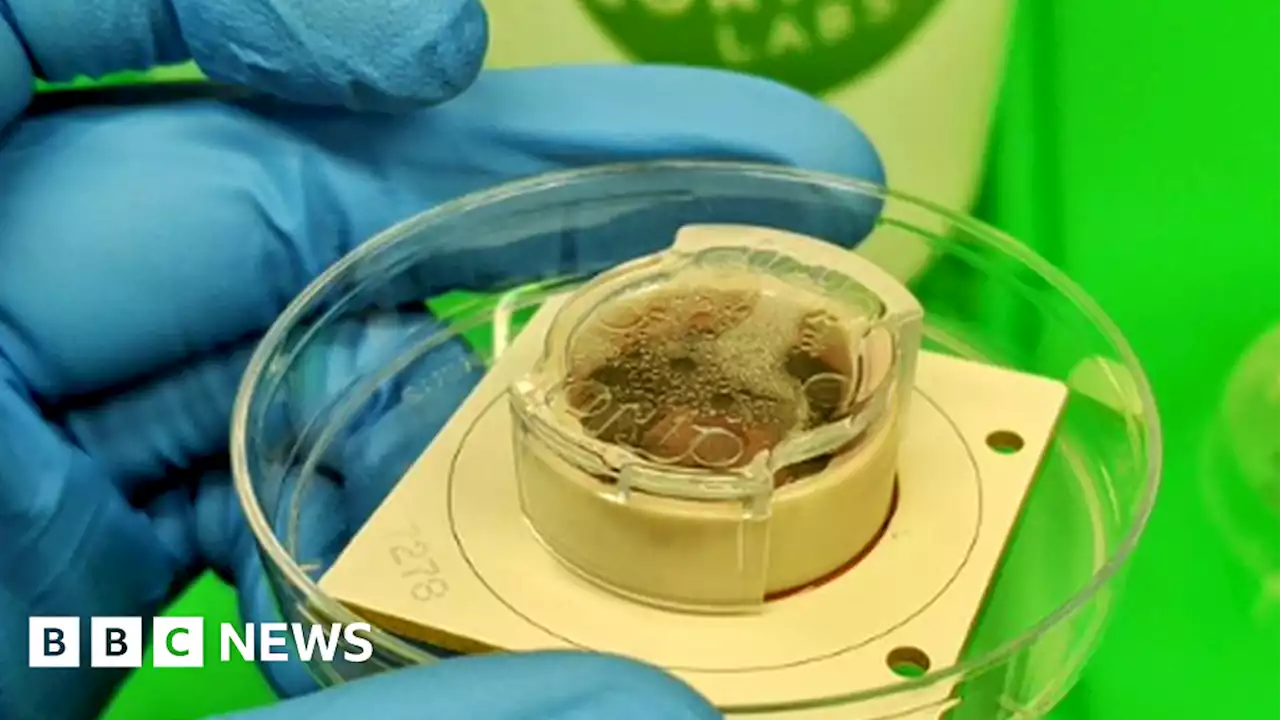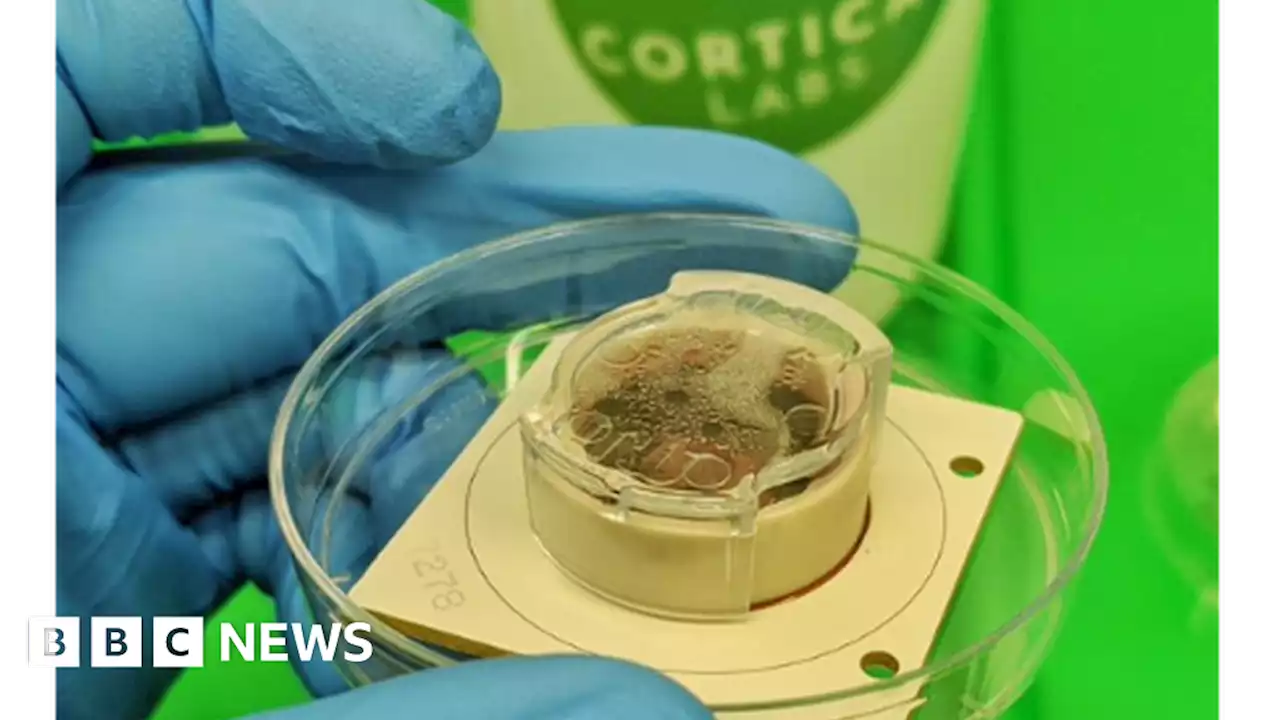It only took 5 minutes for the brain cells to learn the game.
Scientists are once again asking if they 'could' and not if they 'should': a team of researchers at"biological computing startup" Cortical Labs has taught lab-grown brain cells to play Pong. By spreading around 800,000 neurons across a silicon chip and firing electrical signals at them, the cells were able to demonstrate"apparent learning within five minutes,"The scientists call their silicon/neuron conglomeration DishBrain.
It worked like this: whenever DishBrain hit the ball, it received a predictable electrical response. Whenever it missed, the signal spiked randomly. The cells weren't conscious, and didn't 'know' they were playing a game. Rather, by naturally adapting in such a way that it received predictable responses more often, DishBrain adapted to—or, more poetically, learned—Pong. Most exciting for the researchers: it learned quickly, on-the-fly, and with a very low power requirement.
Also, DishBrain was apparently pretty bad at it, so the Pong esports community can rest easy. Still, its success rate was noticeably better than random chance, which makes it more skilled than me. The cells really were adapting to get better at Pong. It might seem unremarkable compared to the abilities that other AI have displayed in games like
Danmark Seneste Nyt, Danmark Overskrifter
Similar News:Du kan også læse nyheder, der ligner denne, som vi har indsamlet fra andre nyhedskilder.
 Watch brain cells in a dish learn to play Pong in real timeA Melbourne-led team has for the first time shown that 800,000 brain cells living in a dish can perform goal-directed tasks—in this case the simple tennis-like computer game, Pong. The results of the study are published today in the journal Neuron.
Watch brain cells in a dish learn to play Pong in real timeA Melbourne-led team has for the first time shown that 800,000 brain cells living in a dish can perform goal-directed tasks—in this case the simple tennis-like computer game, Pong. The results of the study are published today in the journal Neuron.
Læs mere »
 Lab-grown brain cells play video game PongAustralian and UK researchers grow brain cells in a lab that have learned to play a 1970s video game.
Lab-grown brain cells play video game PongAustralian and UK researchers grow brain cells in a lab that have learned to play a 1970s video game.
Læs mere »
 Lab-grown brain cells play video game PongAustralian and UK researchers grow brain cells in a lab that have learned to play a 1970s video game.
Lab-grown brain cells play video game PongAustralian and UK researchers grow brain cells in a lab that have learned to play a 1970s video game.
Læs mere »
 Watch brain cells in a dish learn to play Pong in real timeA Melbourne-led team has for the first time shown that 800,000 brain cells living in a dish can perform goal-directed tasks—in this case the simple tennis-like computer game, Pong. The results of the study are published today in the journal Neuron.
Watch brain cells in a dish learn to play Pong in real timeA Melbourne-led team has for the first time shown that 800,000 brain cells living in a dish can perform goal-directed tasks—in this case the simple tennis-like computer game, Pong. The results of the study are published today in the journal Neuron.
Læs mere »
 Lab-grown brain cells play video game PongAustralian and UK researchers grow brain cells in a lab that have learned to play a 1970s video game.
Lab-grown brain cells play video game PongAustralian and UK researchers grow brain cells in a lab that have learned to play a 1970s video game.
Læs mere »
 Lab-grown brain cells play video game PongAustralian and UK researchers grow brain cells in a lab that have learned to play a 1970s video game.
Lab-grown brain cells play video game PongAustralian and UK researchers grow brain cells in a lab that have learned to play a 1970s video game.
Læs mere »
